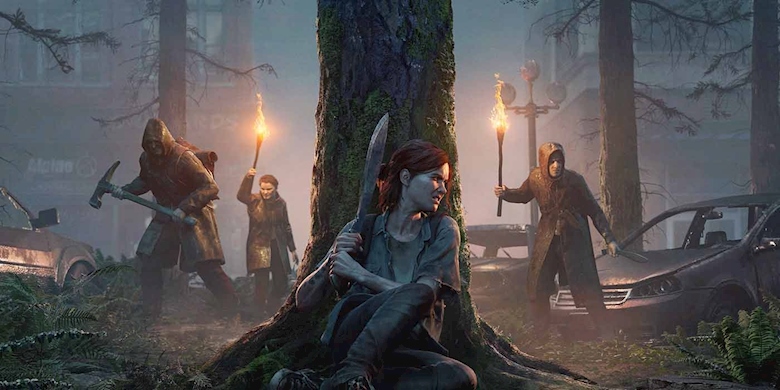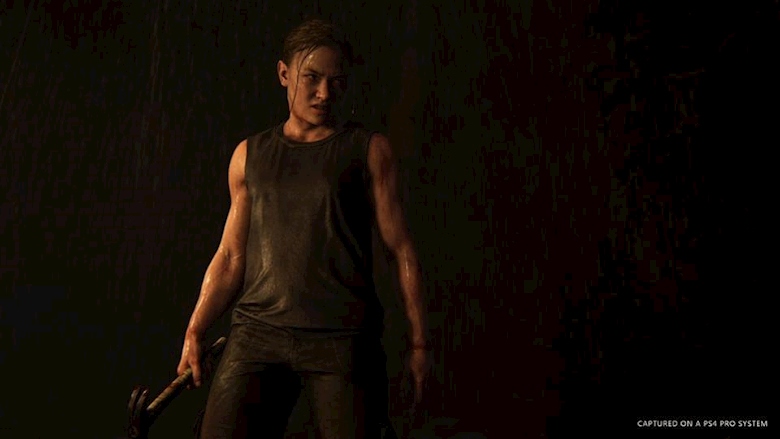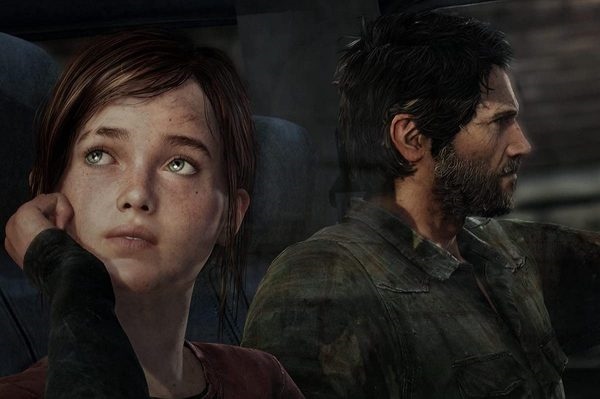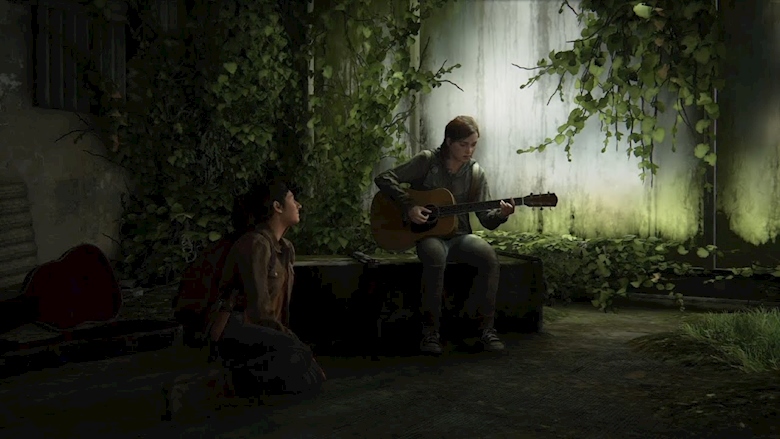Also posted in my music artist blog page: www.ko-fi.com/williamelvin
This is not a review, but just an outpouring of all my thoughts after finishing the Playstation 4 exclusive, Naughty Dog’s ‘The Last of Us Part II.’ But before I really start writing about how I feel about the game, let me just simply lay out my opinion of it as a video game, just to avoid talking about it again.
The Last of Us 2 is certainly not a video game masterpiece. It has big pacing issues as a game, and a lot of times it seems a little too bloated, and I think they could have entirely cut or at least tightened many of the content for a better gaming flow. So, as a video game, it is heavily flawed and could often be jarring.
But my opinion, or really anyone’s opinion about it as a video game, may be irrelevant. I sincerely believe that this, and the original ‘The Last of Us,’ will be regarded as two of the most important pieces of fiction produced in our lifetime. And from here on out, MAJOR SPOILERS will pop up, so if you have plans of checking this game out, stop reading and come back when you’re done.

The Last of Us 2 is definitely a storytelling masterpiece – and Naughty Dog has found a pop culture platform (video gaming) and weaponized it into being a social experiment that studies how we, as a society and as human beings, generally resort to tribalism – the US vs. THEM thinking, and how that very trait could lead us into loving the tribe that we’re in, doing everything for the good of the ones we love – while at the same time being trained to hate the ones whose perspectives, beliefs and circumstances we don’t share and/or understand.
This is the game’s entire point, only further demonstrated by the hatred many of the original game’s fans now have towards it. In general, most fans are majorly upset with the creators’ decision to kill off Joel, the original game’s protagonist, through a new character named Abby – a large-framed, ultra-buff woman.

What made the significant death seem so much worse is how ‘undignified’ Joel’s death is – just beaten to a pulp with a golf club, reduced to a pathetic, bloody sitting duck inside a gloomy, foggy abandoned house.
Like many gamers, this event broke my heart. However, remembering the original game’s ending, this is a realistic consequence of what Joel has done. He saved an individual – Ellie, who he has learned to love as an emotional and psychological replacement for his dead daughter – at the expense of the whole world who needed Ellie’s life to cure the game’s version of the zombie apocalypse.
Joel is not a hero. He is a flawed human who made a selfish decision to save the life of someone he loves and chose to fuck the world over. His bloody death is the consequence of that action, from both a karmic point of view and Abby’s personal perspective; Abby is revealed to be the daughter of the surgeon Joel needlessly murdered at the operating room to save Ellie.

Because most of the original game’s fans saw as well as controlled how the story played out from Joel’s perspective and therefore sympathized with him, many of them weren’t able to look past what Abby has done in retaliation for Joel taking her father’s life. Naughty Dog, in a bold – but admittedly cruel twist, placed gamers in a situation they would naturally resist – we had to play as Abby, the murderer of the character we love, and see everything from her side of the fence for almost the entire second half of the game. Worse, we had to control Abby as she faces off with Ellie herself, a character we love and root for. As a writer and story creator myself, I knew and understood how and why the game’s developers did this, and I am quite sure the vitriolic hate they got from fans was what they had exactly expected.
While Ellie’s narrative was driven by a fiery rage for bloody revenge to get back at her father figure’s killer, Abby’s story arc on the other hand was more clearly about her moving away from the lust of revenge – after all, she already fulfilled it by murdering Joel – and more towards reclaiming her humanity. As a member of the paramilitary Washington Liberation Front, or WLF, or Wolves, she is trained to hate and kill the Seraphites, a religious apocalyptic cult the WLF is trying to extinguish.
Abby’s full circle is completed when she gets attached to Lev, an ex-communicated Seraphite. The two form a bond that is a narrative parallel to Ellie and Joel’s in the original game, allowing Abby to come to terms with what she has done and the guilt that goes with it. Ellie, on the other hand, just couldn’t let go. She chose to leave her wife and child to exact revenge and continue the cycle of violence. In the end, however, when the given the chance, Ellie – haunted by a good memory of Joel, chose to let go and forgive – albeit too late to keep the ones she loves.

And this is why, after all the gore and ultra-realistic violence I had to interact with for about 30 hours, the ending made my broken soul feel whole again. Not because of the game having a positive ending – it sure as hell does not and leaves our beloved Ellie more broken than ever. But the game refreshed me and made me believe that art can still move people in this way, discussing and mirroring the human condition in such a brave and risky manner, through a platform that is most often seen as mindless entertainment.
The Last of Us 2 is an artistic triumph. Thankfully, despite the perceived fan hate on the internet, it is also a financial success, becoming the fastest-selling Playstation 4 exclusive of all-time. With this bold, incredible, visually stunning and beautifully written and executed title, we can further welcome video-gaming to be an important artistic and storytelling platform that can be equal to books, films and music in influence and reach.